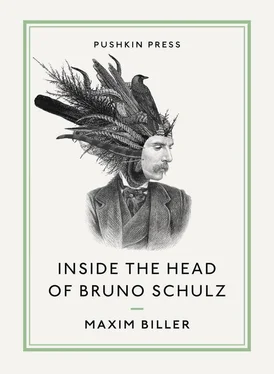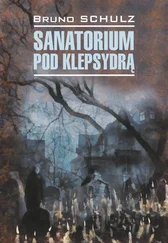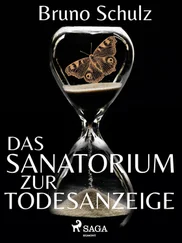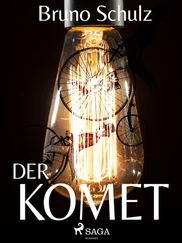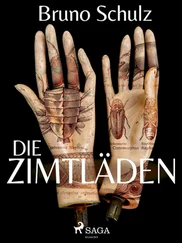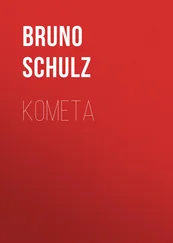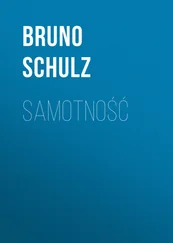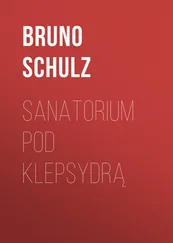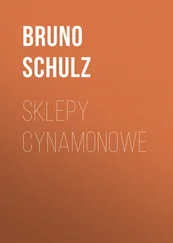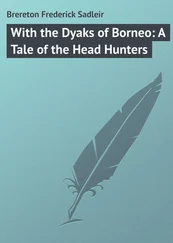These truly noble shops, open late at night, have always been the objects of my ardent interest. Dimly lit, their dark and solemn interiors were redolent of the smell of paint, varnish, and incense; of the aroma of distant countries and rare commodities. You could find in them Bengal lights, magic boxes, the stamps of long-forgotten countries, Chinese decals, indigo, calaphony from Malabar, the eggs of exotic insects, parrots, toucans, live salamanders and basilisks, mandrake roots, mechanical toys from Nuremberg, homunculi in jars, microscopes, binoculars, and, most especially, strange and rare books, old folio volumes full of astonishing engravings and amazing stories.
I remember those old dignified merchants who served their customers with downcast eyes, in discreet silence, and who were full of wisdom and tolerance for their customers’ most secret whims. But most of all, I remember a bookshop in which I once glanced at some rare and forbidden pamphlets, the publications of secret societies lifting the veil on tantalizing and unknown mysteries.
I so rarely had the occasion to visit these shops — especially with a small but sufficient amount of money in my pocket — that I could not forgo the opportunity I had now, in spite of the important mission entrusted to me.
According to my calculations I ought to turn into a narrow lane and pass two or three side streets in order to reach the street of the night shops. This would take me even farther from home, but by cutting across Saltworks Street I could make good the delay.
Lent wings by my desire to visit the cinnamon shops, I turned into a street I knew and ran rather than walked, anxious not to lose my way. I passed three or four streets, but still there was no sign of the turning I wanted. What is more, the appearance of the street was different from what I had expected. Nor was there any sign of the shops. I was in a street of houses with no doors and whose tightly shut windows were blind from reflected moonlight. On the other side of those houses — I thought — must run the street from which they were accessible. I was walking faster now, rather disturbed, beginning to give up the idea of visiting the cinnamon shops. All I wanted now was to get out of there quickly into some part of the city I knew better. I reached the end of the street, unsure where it would lead me. I found myself in a broad, sparsely built-up avenue, very long and straight. I felt on me the breath of a wide-open space. Close to the pavement or in the midst of their gardens, picturesque villas stood there, the private houses of the rich. In the gaps between them were parks and walls of orchards. The whole area looked like Lesznianska Street in its lower and rarely visited part. The moonlight filtered through a thousand feathery clouds, like silver scales on the sky. It was pale and bright as daylight — only the parks and gardens stood black in that silvery landscape.
Looking more closely at one of the buildings, I realized that what I saw was the back of the high school, which I had never seen from that side. I was just approaching the gate which, to my surprise, was open; the entrance hall was lit. I walked in and found myself on the red carpet of the passage. I hoped to be able to slip through unobserved and come out through the front gate, thus taking a splendid shortcut.
I remembered that at that late hour there might be, in Professor Arendt’s classroom, one of the voluntary classes which in winter were always held in the late evenings and to which we all flocked, fired by the enthusiasm for art which that excellent teacher had awakened in us.
A small group of industrious pupils was almost lost in the large dark hall on whose walls the enormous shadows of our heads broke abruptly, thrown by the light of two small candles set in bottles.
To be truthful, we did not draw very much during these classes and the professor was not very exacting. Some boys brought cushions from home and stretched themselves out on benches for a short nap. Only the most diligent of us gathered around the candle, in the golden circle of its light.
We usually had to wait a long while for the professor’s arrival, filling the time with sleepy conversation. At last the door from his room would open and he would enter — short, bearded, given to esoteric smiles and discreet silences and exuding an aroma of secrecy. He shut the door of his study carefully behind him: through it for a brief moment we could see over his head a crowd of plaster shadows, the classical fragments of suffering. Niobides, Danaïdes, and Tantalides, the whole sad and sterile Olympus, wilting for years on end in that plaster-cast museum. The light in his room was opaque even in daytime, thick from the dreams of plaster-cast heads, from empty looks, ashen profiles, and meditations dissolving into nothingness. We liked to listen sometimes in front of that door — listen to the silence laden with the sighs and whispers of the crumbling gods withering in the boredom and monotony of their twilight.
The professor walked with great dignity and unction up and down among the half-empty benches on which, in small groups, we were drawing amidst the gray reflections of a winter night. Everything was quiet and cozy. Some of my classmates were asleep. The candles were burning low in their bottles. The professor delved into a deep bookcase, full of old folios, unfashionable engravings, woodcuts, and prints. He showed us, with his esoteric gestures, old lithographs of night landscapes, of tree clumps in moonlight, of avenues in wintry parks outlined black on the white moonlit background.
Amid sleepy talk, time passed unnoticed. It ran by unevenly, as if making knots in the passage of hours, swallowing somewhere whole empty periods. Without transition, our whole gang found ourselves on the way home long after midnight on the garden path white with snow, flanked by the black, dry thicket of bushes. We walked alongside that hairy rim of darkness, brushing against the furry bushes, their lower branches snapping under our feet in the bright night, in a false milky brightness. The diffuse whiteness of light filtered by the snow, by the pale air, by the milky space, was like the gray paper of an engraving on which the thick bushes corresponded to the deep black lines of decoration. The night was copying now, at that late hour, the nightly landscapes of Professor Arendt’s engravings, re-enacting his fantasies.
In the black thickets of the park, in the hairy coat of bushes, in the mass of crusty twigs there were nooks, niches, nests of deepest fluffy blackness, full of confusion, secret gestures, conniving looks. It was warm and quiet there. We sat on the soft snow in our heavy coats, cracking hazelnuts of which there was a profusion in that springlike winter. Through the copse, weasels wandered silently, martens and ichneumons, furry, ferreting elongated animals on short legs, stinking of sheepskin. We suspected that among them were the exhibits from the school cabinets which, although degutted and molting, felt on that white night in their empty bowels the voice of the eternal instinct, the mating urge, and returned to the thickets for short moments of illusory life.
But slowly the phosphorescence of the springlike snow became dulled: it vanished then, giving way to a thick black darkness preceding dawn. Some of us fell asleep in the warm snow, others went groping in the dark for the doors of their houses and walked blindly into the sleep of their parents and brothers, into a continuation of deep snoring which caught up with them on their late return.
These nightly drawing sessions held a secret charm for me, so that now I could not forgo the opportunity of looking for a moment into the art room. I decided, however, that I would not stop for more than a little while. But walking up the back stairs, their cedar wood resounding under my steps, I realized that I was in a wing of the school building completely unknown to me.
Читать дальше
